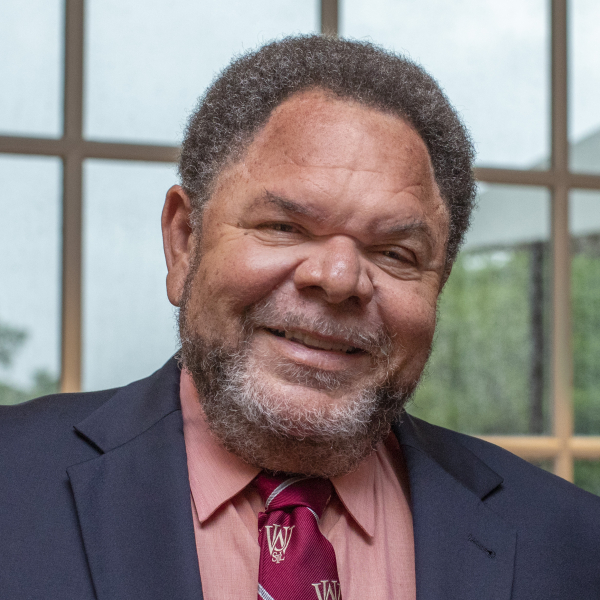Professor Baugh is a renowned linguistics expert who has published extensively in that field, as well as in legal affairs, sociology and urban studies.
Professor Baugh's primary research interest has been the social stratification of linguistic behavior in multicultural and multilingual nations. Initial interest in this area began with quantitative and experimental studies of linguistic variation among African Americans. These studies evolved into applied linguistic research devoted to policy issues in medicine, education, and law. Gradually his analyses expanded to include populations who suffered various forms of linguistic discrimination, including deaf communities, as well as speakers of languages or dialects who lack fluency in the dominant linguistic norms of their respective societies.
Most of Professor Baugh's research is interdisciplinary, drawing extensively upon related work in the fields of anthropology, ethnography, linguistics, and sociology. These experimental investigations are tailored to have practical applications whenever possible. Recently he has conducted studies of linguistic profiling over the telephone, where callers seeking housing or other goods and services face discrimination due to stereotypes about their speech. Very often these discriminatory acts have legal implications in civil and criminal court cases.
In addition to his linguistic research, Professor Baugh directs the African and African American Studies program, which strives to advance distinguished scholarship of and by people of African descent regardless of academic discipline. These administrative duties are collaborative and involve scholars and students across Washington University who work to advance teaching, scholarship, and public service throughout the African Diaspora.




